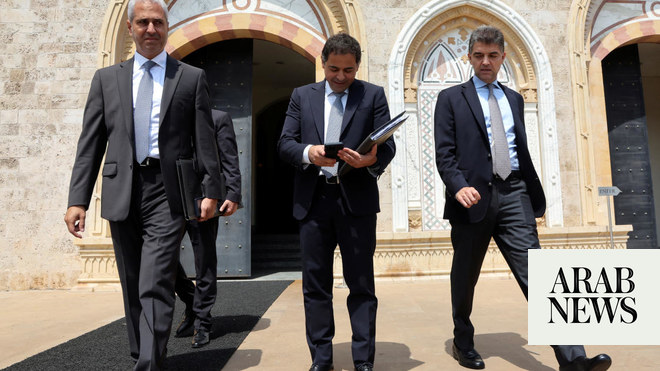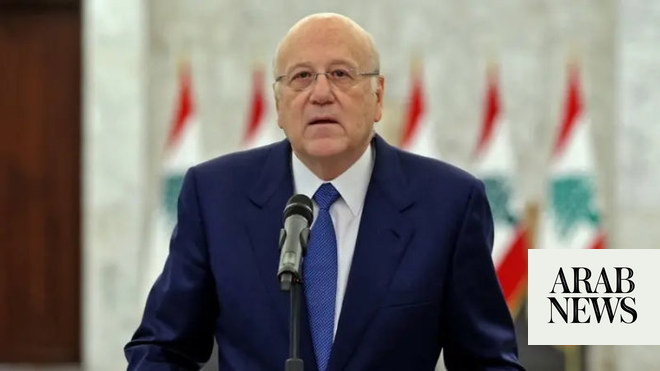
Many challenges face newly appointed Prime Minister, Hassan Diab, including stopping Lebanon’s financial collapse and gaining the international community’s trust.
It is a daunting task, compounded by his limited support by the Sunni community as demonstrated by the binding parliamentary consultations where he only earned the vote of six Sunni lawmakers.
The International Support Group for Lebanon, which met last week in Paris, linked any economic assistance provided by the international community to the formation of a reformist government.
The Group emphasized that Lebanon should adopt sustainable and reliable reforms to face long-term challenges in the national economy, noting that these measures should reflect the aspirations of the Lebanese people.
Diab, a 60-year-old engineering professor, vowed to form a government made of technocrats that should win "full support from Europe and the US" and open Lebanon up to badly-needed Western aid.
Researcher in strategic affairs, Dr. Riad Qahwaji, said that regardless of all questions raised over Diab’s nomination, the new prime minister should seek to restore the people’s trust, by developing a strategy and mechanism to pump money into the market, in order for banks to return to their normal business.
In remarks to Asharq Al-Awsat, Qahwaji said a large part of investors and funders are waiting for the opportunity to withdraw their money from Lebanese banks “unless important measures to restore confidence are imposed, and this requires many steps.”
“The Lebanese economy is in a state of collapse or free-fall, and there is no safety net under it to limit the repercussions,” he warned. “Therefore, a single-color government will be a waste of time and will lead to more international isolation and chaos in the street.”
Qahwaji emphasized the need to have a ministerial lineup that would gain public confidence and not fall back on the previous methods of power-sharing.
“What is required is a 180-degree change in performance and priorities that we were seen in previous governments,” he stated.












